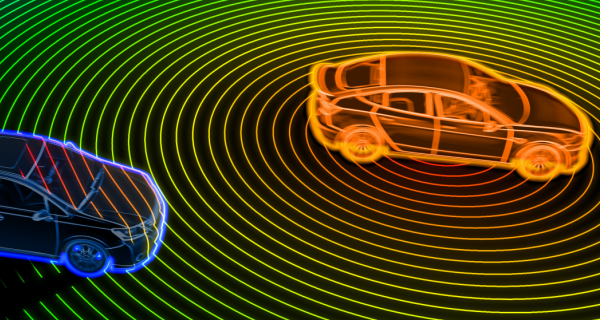US launches an initiative to collect and share information
Truly commercial autonomous cars are still a market in development, but in many ways, streets have become live testing grounds as driverless vehicles log thousands of miles in locations in the US. But testing standards have been inconsistent, and there have been accidents and even a very unfortunate case — a fatality in 2018, when an Uber car struck and killed a woman crossing a street.
Now, the US federal government is looking to improve how tests are conducted and create more transparency for a young industry that wants to transform transportation.
On Monday, the US National Highway Traffic Safety Administration (NHTSA) unveiled its Automated Vehicle Transparency and Engagement for Safe Testing initiative. The agency will hold events this week to kick off the initiative, including panel sessions featuring companies involved in autonomous vehicle testing, such as Beep, Nuro, Toyota, Uber and Waymo. The NHTSA, which is a part of the US Department of Transportation, writes and enforces safety standards for the automotive industry. It’s asking car-makers to share data from their autonomous driving tests.
Currently, individual US states have a variety of regulations governing testing of self-driving cars and data disclosure, so there’s no US centralized listing of all automated vehicle tests. The NHTSA’s website will allow users to check if companies or authorities are testing autonomous vehicles in their area, and learn more about what kind of trials are taking place. It’s a tool for the public, giving people details of where and what types of self-driving vehicle are being tested. Not only is this a way to share information, the initiative is also considered a positive first step to get the sceptical public involved.
Major companies from several industries are racing to commercialize the first mass-market autonomous vehicles. There are some major bragging rights at stake. Alphabet’s Waymo, Fiat Chrysler, General Motor’s Cruise subsidiary, Toyota, Uber, along with states including California, Florida, Michigan, Ohio, Pennsylvania and Texas are taking part in this latest initiative.
The definition of self-driving vehicles varies wildly. We continue to believe that the automotive industry remains years away from reaching fully autonomous Level 5 vehicles and the necessary supporting infrastructure. Nonetheless, these vehicles have the potential to dramatically change road travel and to cut the number of deaths on highways from human factors such as drunk and drowsy driving. We expect Level 4 and Level 5 self-driving vehicles to establish themselves first in highly controlled environments like airports and office campuses, mainly because of the public safety concerns that the NHTSA is seeking to address.
Autonomous driving is still deep in development as the technology matures and as government agencies struggle to adapt existing regulations to the new designs. Continued advances in the technology and widespread acceptance of its use will need significant collaboration throughout the automotive and technology industries. We believe that for autonomous vehicles to accelerate their progress, policymakers need to get on board and help figure out how to accommodate the testing and introduction of autonomous vehicles on public roads. This has to be led at a national rather than just state level.
The NHTSA will be hoping that its initiative propels the progress of autonomous vehicles and delivers a new level of credibility. This is a much-needed effort as false promises made by some players in the industry have sparked unrealistic expectations about the readiness of self-driving car technology. There’s still lots of testing to be done in the years ahead, but the stakes are transformational.

 Twitter
Twitter
 Facebook
Facebook
 LinkedIn
LinkedIn
 Email
Email